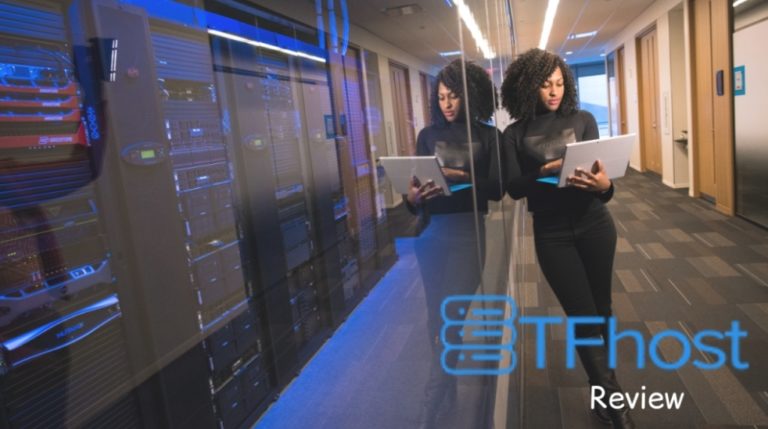8 Trending Tactics to Improve Your Website Security
Website security – a new norm of succeeding in the online world. Developing a website is very easy. Nevertheless, with the growing number of sites, there is a constant fear of protecting it against cybercrime. To succeed online, one needs to up their security game. Cybersecurity has
become an essential core of web development.
The increased hacking tactics have equally given rise to website security tactics. In this blog, you will learn about the necessary website security checklist to help maintain your online venture from such digital thieves beforehand. It thus secures websites from hackers easily.
There are many complex solutions to the question & how to improve website security. However, some basic practices will help your business flourish online without any online hindrances.
8 Trending Tactics to Secure Website from Hackers
1. Installation of SSL Certificate
For data encryption and authentication, one must install an SSL certificate. The Secure Socket Layer helps secure the connection between your website and browsers. It successfully encodes the details in transit between the client and server. The certificate involves public and private keys, which work as an encryption for crucial client-server communication.
First, you should purchase SSL certificate & secure your vital data from hackers. You can find low-priced or cheap SSL in the market quickly. If you have already opted to secure your website with it, renew SSL regularly to maintain your site & information security, authenticity, and consumer trust. Bare a minimalistic SSL certificate cost and secure your site from cyber-criminals.
2. Use strong passwords
Remember that the very first & easy intrusion of a hacker into your website is possible only by cracking your password. When logging into a website, ensure to set a smart password. There are many online tools, too, that help in strengthening and making a good password. Various symbols, letter sizes, etc., helps in setting up a robust one.
Tip: Changing a password after a specific period also helps improve your website’s security from cybercriminals. You need good brains to remember your latest password! One can also integrate a limited login attempt to safeguard their online ventures.
IMPORTANT: Buy real, active Nigerian Instagram followers with money back guarantee. Click here now.
ALSO READ: What are Automated Queries? The Answer Will Shock You
3. Update your site
Every security flaw is an encouragement given to the hackers by you. One needs to update their site with new features-functionalities, content, plugins, etc. An individual needs to realize that with time the security on many plugins wears off, making your site an easy target for the opponent.
The hackers constantly update malicious codes to attack brutally in a web solution. Regular security upgrades and other necessary updates optimize a website and protect data loss scenarios beforehand.
4. Take a data backup
Back up your website regularly. Backups of your website files must be kept in case your site becomes inaccessible or your data is lost. Although your web host provider takes backup of its servers, you should still back up your files regularly. Some content management systems have plugins or extensions that can automatically back up your site and allow you to back up databases and content manually.
5. User management
Limit access to your site. Not every user can be an admin, so ensure that you manage user accessibility per their roles and needs. Also, ensure you do not have a common username; such names are an easy guess for a hacker. Think out of the box when setting such information.
6. Hire a professional
Maintaining the website security checklist timely is a task. You need to hire professional security experts who can run all the necessary updates with time on your site. They scan an area, perform security audits, monitor malicious activities, and inform for required amendments to be done in the business. There are practices that you can efficiently perform, but some security services are to
be taken care of by third-party collaboration.
7. Server Security
Even though cheap hosting appears ideal, low-cost servers frequently mean shared hosting with a million other websites, so if one website is hacked, yours will inevitably be as well. You should select a highly secure, up-to- date server that is appropriate for your needs and the security of your website.
8. Avoid common mistakes when in a third-party connection
Simple human errors can cost a lot in today’s cybercrime world. You must practice extreme caution when using a public network while providing sensitive information. Accidentally you might as well give your login credentials to third parties, avoid clicking on suspicious emails, etc. One needs to change default login credentials and manage their top-secret password-username from being hacked. Only trust verified professionals and avoid delivering your logins to scammers.
Conclusion: Why should you secure your website?
Creating a website is no longer a dream. Protecting one is. Who wants to lose online sanity & business loyalty in seconds with the invasion of hackers? No one, right? Therefore, the above steps are necessary for your website improvement and security, which you should follow to maintain a
better online business. These expert tips and tricks reduce your website vulnerabilities and conquer the digital space.
IMPORTANT: Buy real, active Nigerian Instagram followers with money back guarantee. Click here now.










